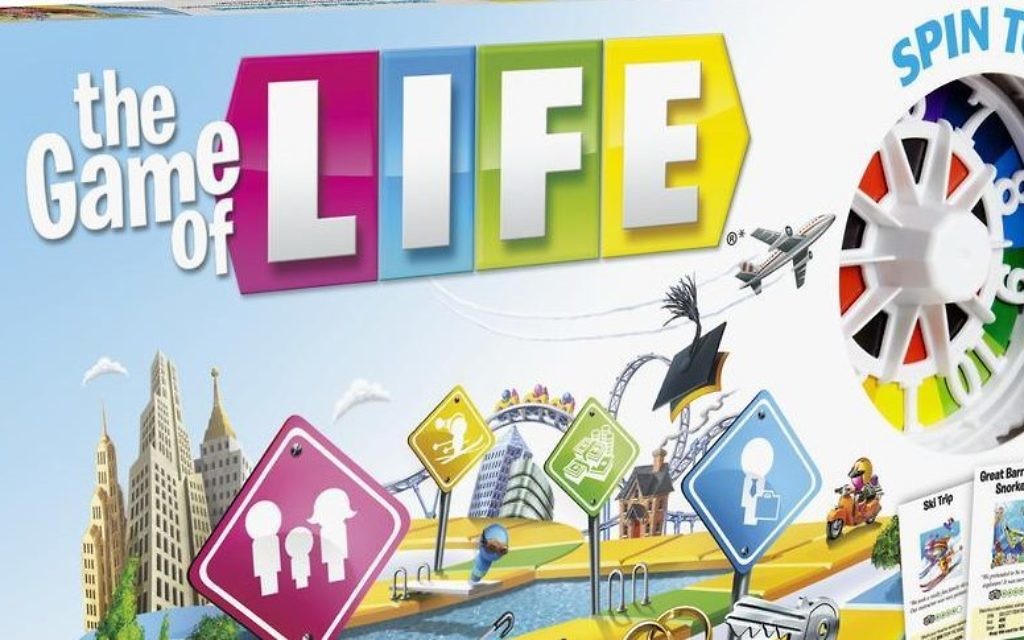Aligning 2 Parents Traveling Diverse Roads
Communication and consideration can help provide the best home environment for children.
Recap: Stan and Carol are parenting from opposite sides of the spectrum. Stan wields a soft, gentle approach, wanting nothing more than for his children to love and enjoy home life. Home should be an island, he maintains, a buffer from the outside, cruel world.
Yet Carol feels that routine and structure are the optimal guidelines for raising productive, independent, well-adjusted kids. Carol feels like a witch beside her husband and argues that their stark differences are creating an unhealthy dynamic.
She wants them to work out some plan so they can parent together effectively without painting either of them as an angel or devil.
Get The AJT Newsletter by email and never miss our top stories Free Sign Up
United We Stand
When I got engaged, my best friend’s older, married sister drew me close. “Wanna know the secret for a happy marriage?” she asked, and I nodded eagerly, although I knew, without a doubt, that I would be the paradigm of a great wife and mother.
“Communication,” she said. “That’s it. There you have it: in one word, the key to success and everlasting bliss.”
I nodded, wondering at her simplicity. Of course! I thought. I have already succeeded in so many relationships — with my college roommate, my parents and my siblings. Why she assumed that such a basic concept was a lightning bolt was beyond me, but I sealed my lips and murmured my acquiescence.
Then I got married, and WHAM! I got it. Boy, did I get it.
Raising emotionally healthy children requires a team effort. Sure, one parent is often more of the disciplinarian and rule enforcer, and one is often more gentle and easygoing. I think G-d does that on purpose; it’s just one of the hints regarding His hefty sense of humor.
Presuming the stricter persona tempers his or her interactions with generous doses of love, all should be fine. But it is essential to present a united front in most instances so that your children see balance, caring and shared responsibility. You can disagree respectfully, but always behind closed doors. In front of the kids, it should be “Mommy and I decided.”
So, Dad, you may have to temper your desire to party with the kids, framed within some of Mom’s rules. And Mom, you may have to slack off a bit, choose your battles, and perhaps select three items that are most important to you and let loose some of the nonessentials.
Best of luck on your parenting and marital journey.
— C.F.
The Game of Life
From reading Carol’s letter, it seems that the answer bounced off the page. You understand that such diverse roles are unhealthy, so you’re left with two alternatives. You can work together and figure out ways to handle issues when conflicts arise. If you can’t figure this out on your own because one or both spouses won’t relent, seek help from a counselor, coach or rabbinic adviser. And don’t forget to have yourselves a regular date night to sustain your own relationship. With all this friction, it sounds to me like the two of you need to keep your flame burning strong.
Many couples experience similar issues. You just need to have a game plan and stick to it. It’s the game of life, and in this game, everyone who plays fair is a winner.
Enjoy your kids!
— Ira B.
I + I = I
Marriage equals compromise. If you know something is important to your spouse, try to make it happen. If each of you remains an I, you will always be on opposite ends of the fence. But if you consider your spouse and his or her needs to be your needs, your relationship will be that much richer and rewarding.
The two of you together should be “I,” two halves of one soul. That way, when one of you is hurting, the other will jump to make the pain go away.
But what happens when you know s/he is wrong? The same thing that happens when you make a mistake. You ever so gently take yourself to task and figure out where you went wrong and how you can do better in the future. Then you continue loving yourself in spite of your flaws.
Your children will thank you for giving them a paradigm of a loving marriage, and they will thrive under the umbrella of unified parenting. Ultimately, you will reap much nachas.
— H. Young
Do you have a dilemma for our readers? Please send it to rachels83@gmail.com.





comments